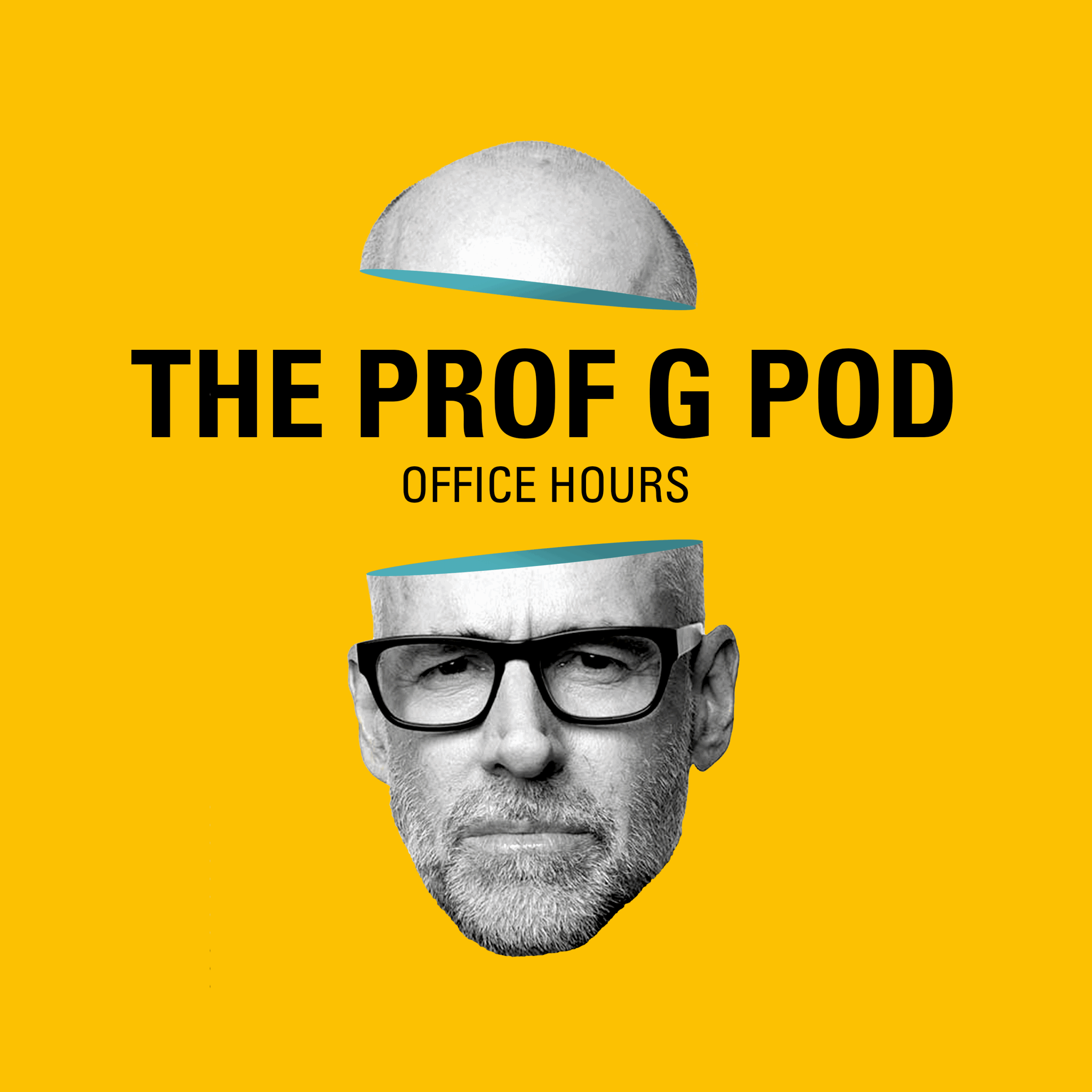As read by George Hahn. https://www.profgalloway.com/resist/ Learn more about your ad choices. Visit podcastchoices.com/adchoices
Monica de Bolle, senior fellow at the Peterson Institute for International Economics, joins the show to break down Latin America’s economic landscape and ...
Scott breaks down his thoughts on the student loan crisis. He then offers perspective to a young man in his 20s struggling with comparison, and closes with ...
Ed and Scott break down how markets responded to the latest tensions between Trump and Jerome Powell. Then, Ed explains why ASML’s stock tumbled following its ...
Greg Lukianoff, a free speech advocate, first-amendment attorney, and president of FIRE, joins Scott to break down the rise of cancel culture and its chilling ...
Ed takes a look at how the tariffs impacted the consumer price index for June, dives into why Nvidia and AMD can now resume chip sales to China, and breaks ...
Will the Jeffrey Epstein case tear the Trump White House apart? Scott and Jessica talk through the discord over the Epstein files inside the administration — ...
Ed explains why Bitcoin hit a record high, dives into Tesla’s upcoming shareholder vote on a potential investment in xAI, and breaks down the latest twist in ...
Scott and Ed unpack what they think the impact of Trump’s new wave of tariffs will be. Scott argues the move could inspire massive deal making that won’t ...
Scott explores how to approach difficult conversations with a family member whose political views have changed. He discusses how AI will affect traditional ...
As read by George Hahn. https://www.profgalloway.com/ice-age/ Learn more about your ad choices. Visit podcastchoices.com/adchoices
David Risher, CEO of Lyft, joins the show to explain how the company is differentiating and gaining ground on Uber. He shares how Lyft is keeping customers ...
Scott answers a question about masculinity and service: why don’t more men volunteer, and how do we change that? He then discusses how narcissism relates to ...
Ed breaks down how Nvidia became the first company ever to reach a $4 trillion market cap. Then he and Scott share their thoughts on why X CEO Linda Yaccarino ...
Historian Heather Cox Richardson joins Scott to discuss the rise of authoritarianism, the myth of rugged individualism, and what Democrats keep getting wrong. ...
Ed breaks down Trump’s latest tariff updates, explains why Shein is pursuing a Hong Kong IPO, and unpacks why Tesla is falling behind Chinese competitors in ...
What will America look like in the (very) near future? Scott and Jessica talk through what to expect, with the White House announcing a new round of tariff ...
Ed breaks down Trump’s latest round of tariffs. Then he and Scott dig into why TikTok is reportedly building a separate app for U.S. users ahead of a potential ...
Robert Armstrong, U.S. financial commentator for the Financial Times, fills in for Scott. He and Ed unpack what the GOP tax bill means for the economy now that ...
Scott kicks things off with a behind-the-scenes look at how The Prof G Pod comes together. He then unpacks what it really means to be a “baller.” Finally, he ...
- « Previous Page
- 1
- …
- 15
- 16
- 17
- 18
- 19
- …
- 61
- Next Page »


